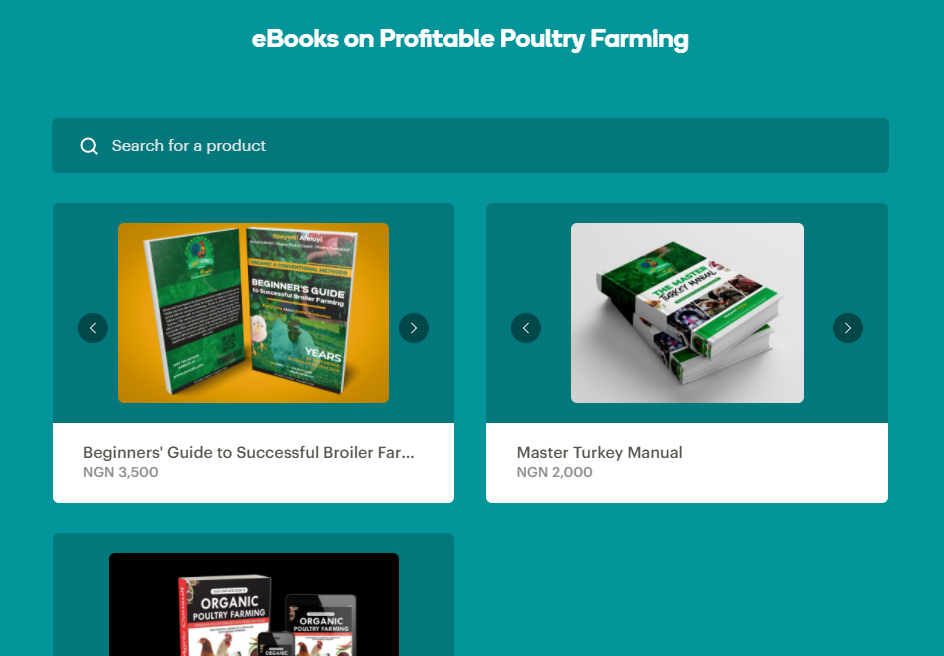Natural Treatment for Aflatoxin B1 in Poultry
Aflatoxin B1 is a major challenge in the poultry industry, and causes problems such as poor health, growth and feed conversion ratio. Chances are that 70% of the time you hear the word mycotoxin, they are referring to aflatoxins. As a result, Aflatoxins are the most studied of all mycotoxins. Aflatoxin is also the most potent hepatocarcinogen and mutagen among all mycotoxins.
Aflatoxin B1 is a dietary toxin produced by Aspergillus flavus, a saprotrophic and pathogenic fungus. This fungus is found in common poultry feed ingredients like grains and cereals, making it almost unavoidable for poultry farmers. Thanks to the development of toxin binders and the rest. However, shall we continue to use chemicals to deal with these toxin-producing organisms? That’s not part of our agenda as far as organic poultry farming is concerned. So, in this article, I will be showing you some natural ways to prevent and deal with Aflatoxin B1.
Some Clinical Signs of Aflatoxins in Poultry
- Advertisement -
- Poor growth
- Lack of uniformity within flock
- Abnormal pigmentation of feet and shank
- Higher than normal feed conversion ratio
- Passage of feed
- Enlarged liver
- Lesions in liver
Some Primary Measure to Prevent Aflatoxin B1
Before we go into the natural treatments of Aflatoxin B1, let’s consider some primary preventive measures.
- Use of fungal resistant plant varieties
- Control of field infection
- Well-planned pre-harvest, harvest and post harvesting operations
- Minimizing moisture content of stored grains
- Maintaining low temperature in grain storage facilities
- Use of fungicides and preservatives to prevent growth of fungi
- Use of insecticides to control insect infestation
All these and more can help prevent/control Aflatoxin B1. You don’t have control over some of the measures listed above, especially when you don’t plant your grains. Now, as your organic poultry expert, let me show you some natural ways to prevent aflatoxin B1.
ALSO READ: 5 Vaccine Errors That Will Kill Your Chickens
Natural Treatment of Aflatoxins
Activated Charcoal – Activated charcoal has been proven as a natural agent that is capable of reducing the toxicity of AFB1 in poultry.
Probiotics – Probiotics have a reputation for being able to alleviate the toxic effect of Aflatoxins in poultry. This is one of the reasons we always recommend Lactobacillus to organic poultry farmers.
- Advertisement -
Grape Seed Extract – At a recommended dosage of 250-500 mg/kg, grape seed extract is very potent against aflatoxin B1 in chickens. In case extracting from grape seeds is worrisome, I have more options for you.
Turmeric (Curcuma longa) – It has been found that Turmeric is capable of ameliorating the adverse effect of Aflatoxin B1 in chickens. To use Turmeric, add 222 mg/kg turmeric powder or 5 mg/kg turmeric extract.
Sea buckthorn (Hippophae rhamnoides) oil – This is wonderful hepatoprotective agent, meaning it protects the liver. As common with Aflatoxins cases, the liver is usually a target. This makes Sea buckhorn a rescue agent for the liver. It performs its wonder by reducing aflatoxins concentration in liver, hence diminishing the adverse effects.
Black cumin (Nigella sativa) extract – Adding 1% of black cumin to your chicken diet will help alleviate the adverse effects of Aflatoxins.
Milk thistle (Silybum marianum) seed extract – This is another herbal remedy. Your chickens can get the right protection against aflatoxin B1 if you add 0.5% – 1% of Milk thistle to their diet.
References
H Amiridumari et al., Effects of milk thistle seed against aflatoxin B1 in broiler model (2013)
K Slizewska et al., 2019; V Poloni et al., In-Vitro Detoxification of Aflatoxin B1, Deoxynivalenol, Fumonisins, T-2 Toxin and Zearalenone by Probiotic Bacteria from Genus Lactobacillus and Saccharomyces cerevisiae Yeast (2020)
CLICK THE IMAGE BELOW TO CHECK OUT SOME OF OUR LEARNING RESOURCES ON ORGANIC POULTRY FARMING


